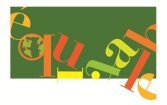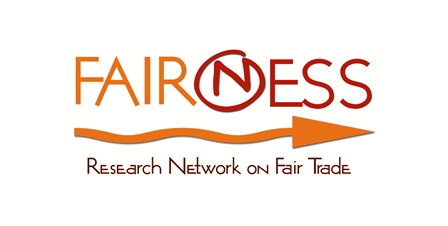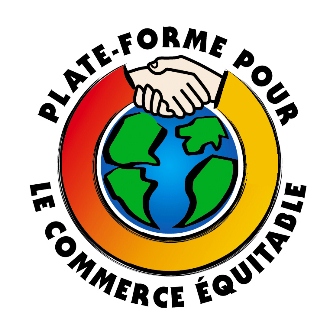InstitutionsOrganizing institution
A foundation for ideas on development
It supports research activities that make use of the most modern and most directly relevant instruments of economics to study development, and seeks to strengthen the potential of the French-speaking world in this area. It endeavours to promote the contribution of French and European work to international debate on major development issues, in particular on what Southern and Northern economic policies are best able to assist development by broadening capacity for individual choice and developing equality of opportunity among nations. It thus wishes to contribute to improving these policies and providing information for companies whose business depends on world markets and their outlooks. Website: http://www.ferdi.fr/ Partner institutions
Fairness is an international network bringing together academics working on subjects associated with Fair and Ethical Trade. It is composed of two branches: Fairness FR and Fairness UK. Fairness FR was set up after the 2nd Fair Trade International Symposium (Montreal 2006) and gathers around 30 young scholars from France, Belgium, Canada and Switzerland. It is currently chaired by Benjamin Huybrechts and has been involved in the organization of the Montpellier 2008 and Liverpool 2012 FTIS conferences. Fairness UK was set up by Alastair Smith in 2009 and gathers 160 members from various parts of the world. Besides organizing conferences, sponsoring publications and fostering collaboration among scholars, both Fairness branches have developed a Knowledge Exchange function together with practitioners, policy makers and funders working in the area of Fair Trade. The intention is to provide better connections between the worlds of research and practice: to make the former more relevant to real world needs and to help the latter access academic knowledge that might otherwise not be available. Both groups have an extensive mailing list and the UK network offers a regular newsletter with summaries of relevant academic publications, news and events. Both networks have also developed websites (http://www.fairness.on-web.fr and http://fairnessuk.ning.com) where members can interact and share knowledge. The ambition of Fairness is to expand internationally while remaining locally anchored so as to grasp both the macro and grassroots evolutions of Fair Trade. Website: http://www.fairness.on-web.fr
The Platform for Fair Trade (PFT) is the leading French collective for dialogue and representation in this sector. The PFT works to develop an institutional framework conducive to the development of fair trade approach. The association also acts as a resource and study center. It develops advanced expertise on issues related to fair trade impact and provides a strategic monitoring of fair trade’s guarantee systems. Website : http://www.commercequitable.org/ |






